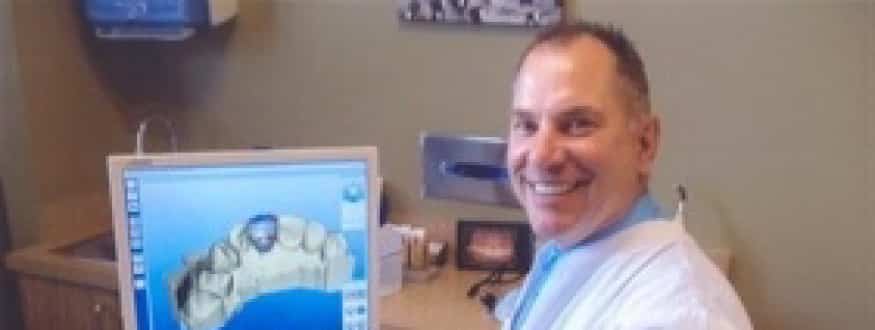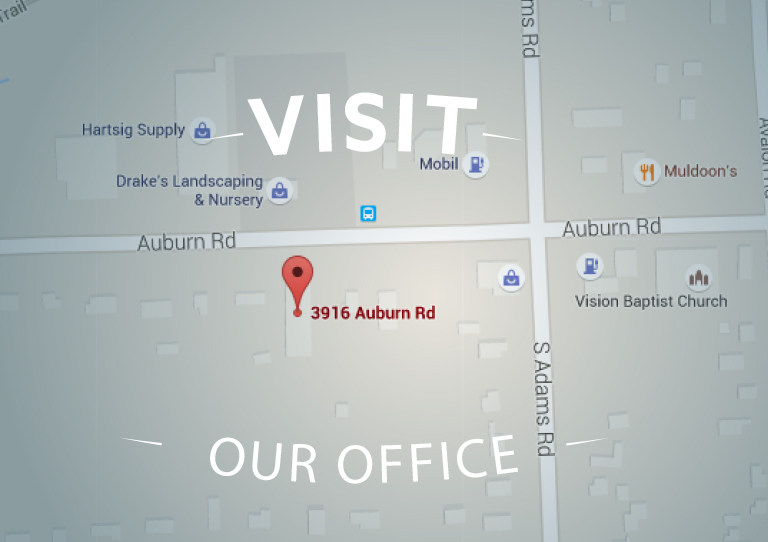 After experiencing tooth loss, the need to restore your smile’s appearance can seem like the most pressing need for replacing the lost tooth. While this is important, the loss of your tooth can also mean several other negative consequences can begin to affect your smile and oral health. In most cases, replacing the lost tooth as soon as possible is important to protecting your smile from these consequences and preserving the rest of your healthy, natural smile.
After experiencing tooth loss, the need to restore your smile’s appearance can seem like the most pressing need for replacing the lost tooth. While this is important, the loss of your tooth can also mean several other negative consequences can begin to affect your smile and oral health. In most cases, replacing the lost tooth as soon as possible is important to protecting your smile from these consequences and preserving the rest of your healthy, natural smile.
Changes to how your bite works
In addition to your smile’s appearance, your healthy, natural teeth also impact your smile and oral health in other noticeable ways. For example, the way your bite feels when you bite and chew your food or bring your teeth together when you speak can change when you lose on or more of them. Whether you notice this change immediately or not, the rest of your teeth and oral structures will react to it. Some teeth may try to take up the slack in your bite’s pressure by shifting toward the empty space, which put an excessive amount of pressure and strain on your jaw’s joints and muscles. This, in turn, can lead to problems with your bite’s overall function, such as TMJ disorder or chronic teeth-grinding (bruxism).
The development of more oral health problems
Some of the impacts of tooth loss result from the change in your bite’s pressure and function. Others can result from the way in which tooth loss makes your other teeth vulnerable. For instance, if a tooth shifts out of place because of changes to your bite, then it can also become more susceptible to being damaged by the uneven pressure. Other teeth, however, may become more likely to develop tooth decay as a result of oral bacteria hiding in hard-to-reach places. Replacing a lost tooth as soon as possible can help restore your ability to keep your teeth consistently healthy.
A heightened risk of further tooth loss
The different impacts that tooth loss can have on the rest of your teeth might leave one or more of them vulnerable to concerns that raise their risks of being lost, or needing extraction. Yet, tooth loss also leads to further tooth loss in a more subtle way. When you lose a tooth’s root, the area of your jawbone where it rested will no longer receive any stimulation when you bite and chew. Your body will react by sending your jawbone fewer minerals and nutrients, making it weaker over time and increasing your risks of losing one or more teeth from lack of support.
Restore your smile by replacing your lost teeth
The long-term impacts of tooth loss can become more significant over time, and replacing your lost teeth as soon as possible may be the only way to avoid them. To learn more, schedule an appointment or initial consultation by calling Advanced Dental Concepts in Auburn Hills, MI, today at (248) 852-1820.



